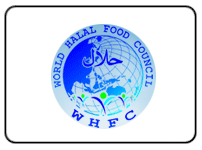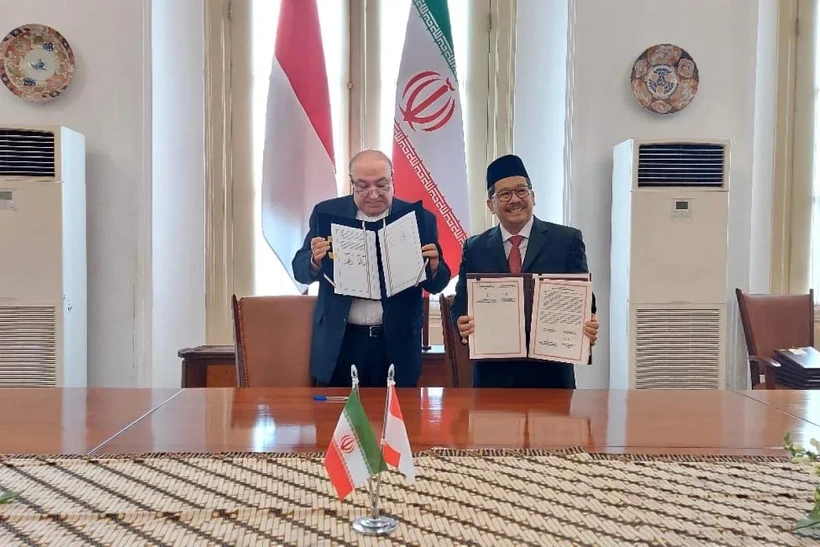 TEMPO.CO, Jakarta – The government must be careful in implementing the follow-up of Law Number 33 of 2014 on Halal (acceptable according to the Islamic Law) Product Guarantee. This law has been a trouble law since ever since it was formulated.
TEMPO.CO, Jakarta – The government must be careful in implementing the follow-up of Law Number 33 of 2014 on Halal (acceptable according to the Islamic Law) Product Guarantee. This law has been a trouble law since ever since it was formulated.
In addition to debates on an institution in charge of issuing a halal certification, another clause that is also hotly debated is about halal certification for medicine products.
With the pros and cons surrounding it, the House of Representatives endorsed the bill at the end of last year.
As written in Koran Tempo on Tuesday (17/11), the government is now formulating a derivative regulation for the implementation of halal certification in the pharmaceutical sector.
Since April this year, every year, the Religious Affairs Ministry holds a joint meeting with Health Ministry, the Indonesian Pharmaceutical Federation (GPFI), and the International Association of Pharmaceutical Companies.
Although halal certification is set to be mandatory in 2019, the government is now planning to issue a technical regulation by the end of this year. The formulation of this technical regulation needs careful considerations.
If all medicine products circulated in this country must obtain a halal certificate, it is almost certain that production costs of medicines will increase.
As a result, the prices of medicines can go up.
Therefore, the government must formulate a right mechanism so that the price margin will not give burden to patients and the public in general.
As of now, only 0,3 percent of companies and 0.09 percent of products that propose for halal label to the Indonesian Ulema Council (MUI).
In addition, the implementation of this halal certification regulation is likely to disrupt the distribution of medicines in Indonesia.
It is because almost all medicine substances circulated in Indonesia are imported. Only one percent of 930 of all medicine substances are produced at home. Medicine factories abroad certainly do not have a halal certificate in their products.
If the circulation of such medicines is forbidden without exception, the healing process of many patients will clearly be threatened.
Another problem that must also be anticipated is the accountability of the halal-haram verification proses of a product.
Law on Halal Product Guarantee obliges medicine businessman to separate all the processes starting from slaughtering, processing, storing, and packaging, and distribution for halal and non-halal products.
Religious logics on the separation of halal substances from haram substances is very difficult to be translated in the pharmaceutical production process that applies high technology.
Without a valid verification process and the one that can be widely accepted, halal certification will in fact bring more demerits than merits.
As a result, now it’s all up to the government.
A number of questions and worries on the implementation of halal certification for medicines must be responded with the regulations of implementation that are oriented towards the public interest.
Otherwise, we must not blame the patients if they band together to file a judicial review to the Constitutional Court (MK) to revoke articles in the Law on Halal Product Guarantee that bring them financial losses.



